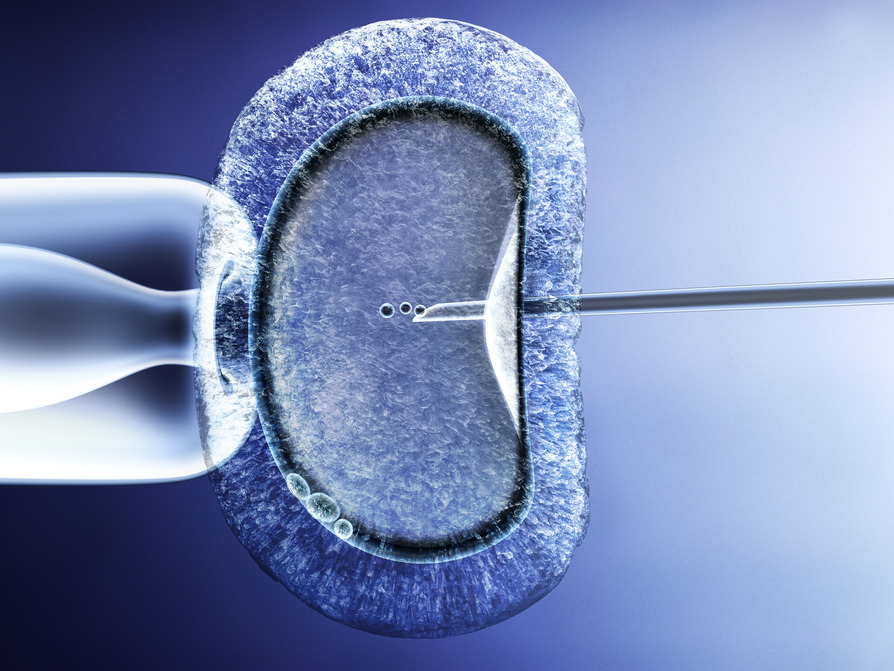In The Future We May All Be Replaced by Engineered Humans
In recent years, there have been calls for an interdisciplinary approach to the understanding and evaluation of opportunities for enhancing humans. Technological advancements are being used to make the enhancement of the human species possible. They include present technologies such as information technology, biotechnology, artificial intelligence and nanotechnology and genetic engineering which includes genomics and genetic coding.
Enhancement options that are being discussed include extension of the human life-span, eliminating unnecessary suffering, disease eradication as well as enhancement of the physical, emotional, and intellectual capabilities of humans. Other possible themes include space colonization and creation of super-intelligent machines. The scope is not just limited to medicine and gadgets. It also encompasses social, economic and institutional designs as well as psychological skills and techniques and cultural development.
The Replacement Species Theory
Under this theory, human nature is perceived as a work in progress. Through responsible use of science and technology, it will be possible to achieve the post-human evolutionary state. Such beings will have greater capabilities. In contrast to most ethical outlooks which have a reactionary attitude towards new technologies, champions of this theory are guided by the vision to take an active approach to the technology policies. They want humans to be granted an opportunity to live healthier and longer lives. It will enable them to refine their emotional experiences and increase their subjective sense of well-being. This will enable them to achieve greater control over their lives.
Exploring the Post-human Era
As for now, it might be hard get an intuitive understanding of what it will be like to be in the post-human era. This is because our experiences, activities, feelings and thoughts only constitute a tiny percentage of what is possible. We can only imagine of beings that have reached a greater level of maturity and personal development with full psychic and bodily vigor. However with such advancements, it will be possible to create smarter beings with extraordinary powers of imagination.
Concerning values, it is important to note that our values are mainly defined by our current dispositions. According to the dispositional theory of values described by David Lewis, something is of value to you only if you want it and are well acquainted with it. This happens when you are thinking about and deliberating on it. Basing on this theory, it is possible that there are values which we may not appreciate now as we do not have the right faculties to comprehend them. However, once we achieve the post-human state, we will be acquainted and appreciate them fully.
The Downside to the Theory
The replacement species theory does not necessarily entail technological optimism. Although future technological capabilities have great potential for beneficial deployment, they could be misused to cause much harm. For instance, it might lead to the erosion of unquantifiable assets such as ecological diversity and meaningful human relationships.
The Question of Morality in the Human Germ-Line Genetic Engineering
Genetic engineering involves editing the DNA structure of an organism to achieve the desired results. It can be used to correct the genes that cause genetic diseases and pass the genetic fixes to the future generations. It also involves installing genes that offer better development, lifelong protection against infections as well as those that reduce the effects of aging. If used in humans, this will result in the development of superior beings.
The morality of genetic engineering has been debated extensively. Most of those who are opposed to genetic enhancement believe that it is morally wrong to use science to manipulate the human nature. Most are concerned about the psychological effects of germ-line engineering. Selecting genes to create the so-called designer babies will corrupt the parents, who will view their own children as mere products. It is believed that people will begin to evaluate their offspring according to quality control standards. This will undermine the ethical ideals of accepting children regardless of their traits and abilities, all in quest for perfection. In fact this can only worsen social prejudice against the disabled.
The Aspect of Equality
The issue of social equality has been a point of focus for most opponents of genetic coding to produce powerful humans. It is feared that the development might widen the gap between the haves and have-nots. In today’s society, children from wealthier backgrounds enjoy many privileges such as access to better social amenities. The inequality might worsen due to genetic intervention as such technologies can only be afforded by individuals from rich backgrounds. The genetically privileged individuals might become healthier, ageless, super-geniuses with flawless beauty. The non-privileged on the other hand might remain as ordinary people that are deprived and unable to compete with genetically enhanced individuals. The process of might also include some irreversible changes which if negative might spell disaster to the human race.
All in all, it is hard to deny that genetic engineering can help to eliminate unnecessary human suffering. Benefits include eliminating genetic diseases and enhancing the immune system leading to longer, healthier and happier lives. The developments should be regulated to adopt positive modifications and avoid those that might be harmful.



